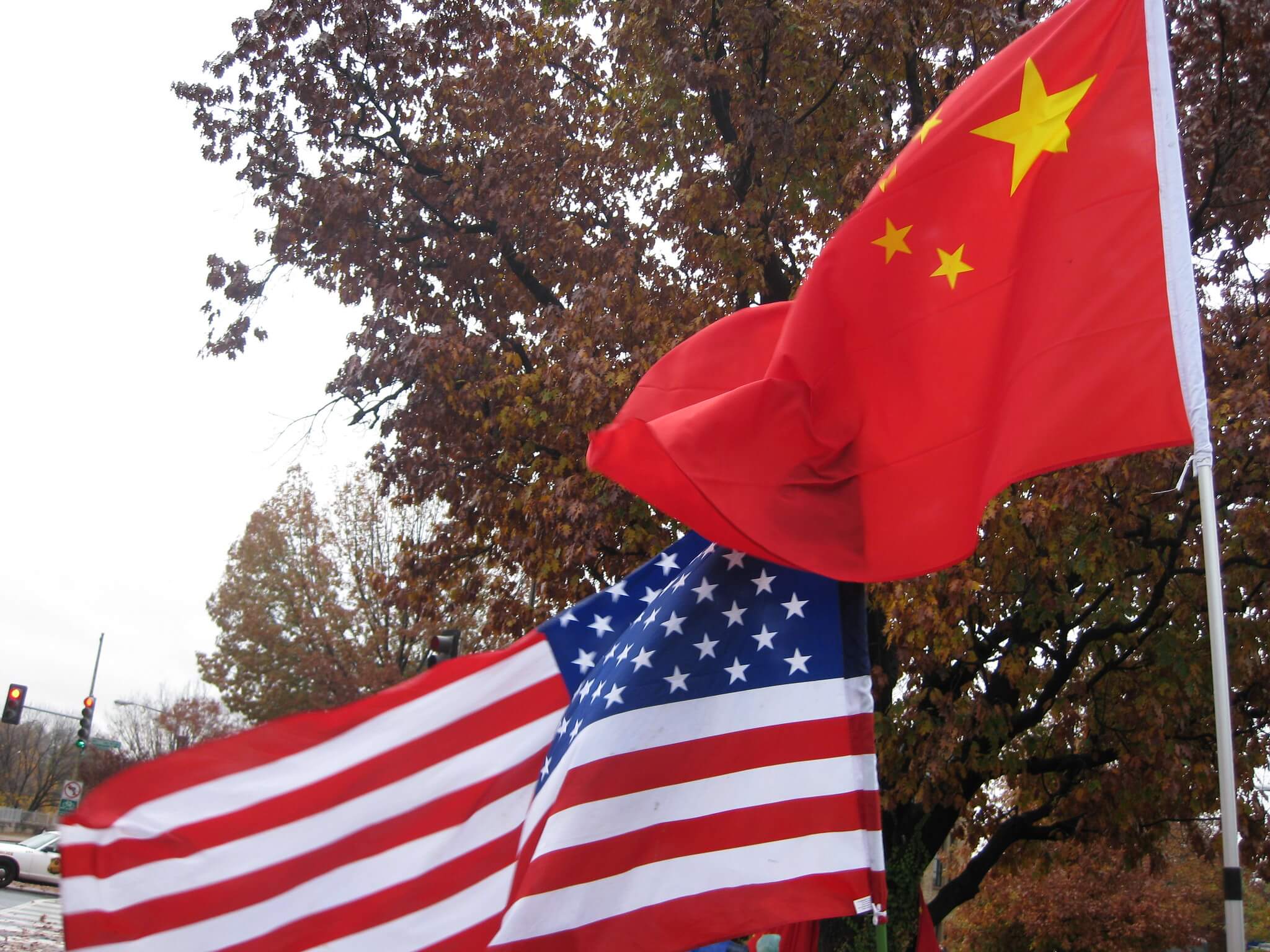Trade Conflict Between China and the United States: Opportunities for Colombian Foreign Trade
Photo: Flickr.
According to a report by Universidad del Norte, conducted by Andrés Castellanos, the People’s Republic of China and the United States have been engaged in a trade conflict since 2018. This dispute has had various effects on international trade, raising the prices of several products and creating new challenges for multilateral commerce. In the report, Castellanos noted that during Donald Trump’s first presidential term, his administration imposed a 25% tariff on goods imported from the People’s Republic of China, claiming that those products were involved in “technology theft.”
Now, in 2025, four months into Donald Trump’s second term, tariff rates have reached 145% against Chinese products. In response, the Asian country imposed a 125% tariff on U.S. goods, resulting in consequences for both economies and for the global economy at large. Specifically, some of the U.S. products most affected by this conflict have been those in the agricultural sector, particularly corn, dairy, soybeans, and meat, reducing their competitiveness in the global market.
Among the main effects of this trade dispute has been the decline of U.S. exports in international markets, which has caused prices to drop and subsidies to increase. Moreover, due to the high presence of Chinese goods in the U.S. market, American consumers are facing rising prices for several products imported from China. Likewise, key minerals used in semiconductors and electric vehicles, also essential for manufacturing technological products, have been affected, as the People’s Republic of China began limiting their exports. This has led to higher production costs for high-tech goods from companies like Tesla and Apple.
In response to this situation, both companies have begun seeking alternative locations to set up operations outside the country led by Xi Jinping, in order to avoid the impact of the imposed tariffs. Regarding this, President Donald Trump stated that tariffs could be reduced, as they are significantly harming the nation and creating economic pressure.
According to Castellanos, China’s strategy has not been to retaliate in the same way as the United States. While it has raised tariffs on U.S. products, its approach has focused on diversifying its export destinations. Specifically, China has opened new shipping routes to Africa, Latin America, and Asia, encouraging the use of the yuan in these transactions to reduce reliance on the U.S. dollar.
In addition, to reduce dependence on U.S. products, the Chinese government has invested in technology companies such as Huawei and SMIC, aiming to continue domestic production of chips and software, contributing to greater technological independence. Furthermore, in response to declining demand for certain tech products which has impacted several firms the Chinese government has provided subsidies and opened access to new markets to mitigate these effects.
On another note, the professor from Universidad del Norte stated that Colombia could become a highly important geopolitical actor in the current international context, as it is one of the main suppliers of flowers, coffee, and oil to the United States, and one of the largest importers of machinery, textiles, and tech products from China.
In light of this situation, the Colombian government is preparing an official visit to the People’s Republic of China, aiming to strengthen bilateral relations in terms of trade and economic investment. However, according to Castellanos, this could cause discomfort in the United States, as there have been previous instances where the U.S. government has expressed concern when strategic partners strengthen ties with the country led by Xi Jinping.
For this reason, Castellanos emphasized that the Colombian government must approach the Asian country strategically. If managed correctly, Colombia could expand its exports to new destinations and attract Chinese investment in infrastructure and agro-industrial projects, aiming to transform the Latin American country into a logistical hub between the region and Asia. On the other hand, if the process is not handled properly, it could spark disputes with the United States, Colombia’s main trading partner.
Last but not least, Castellanos stated that this trade conflict is not merely a tariff war but a race for global leadership. He also mentioned that Colombia must adopt a clear position as a sovereign nation that acts strategically on the international stage, not choosing to support just one country, but knowing how to manage relations with both and acting in ways that are most beneficial to the nation.
Main Source:
E.E.U.U. vs China: ¿quién está tomando ventaja en la guerra comercial? – Uninorte
Related News:
Trinidad and Tobago’s female sanitary supply affected by China–US trade conflict
Lula will meet with Xi and Putin to discuss possible trade conflict
You may be interested in:
China exige a Estados Unidos levantar aranceles antes de iniciar negociaciones comerciales – France 24

